Study visit in WNRI
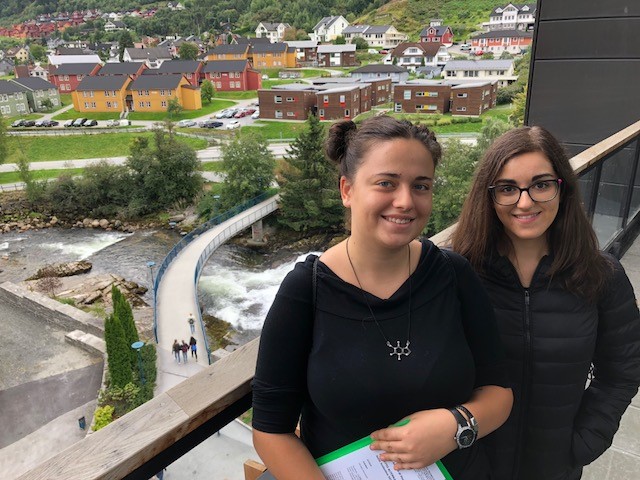
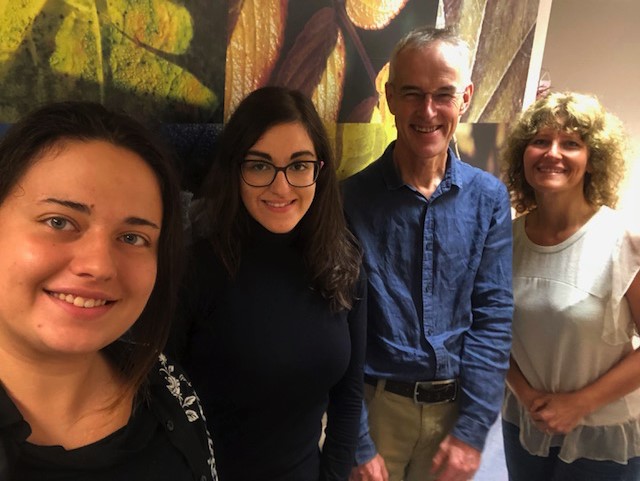
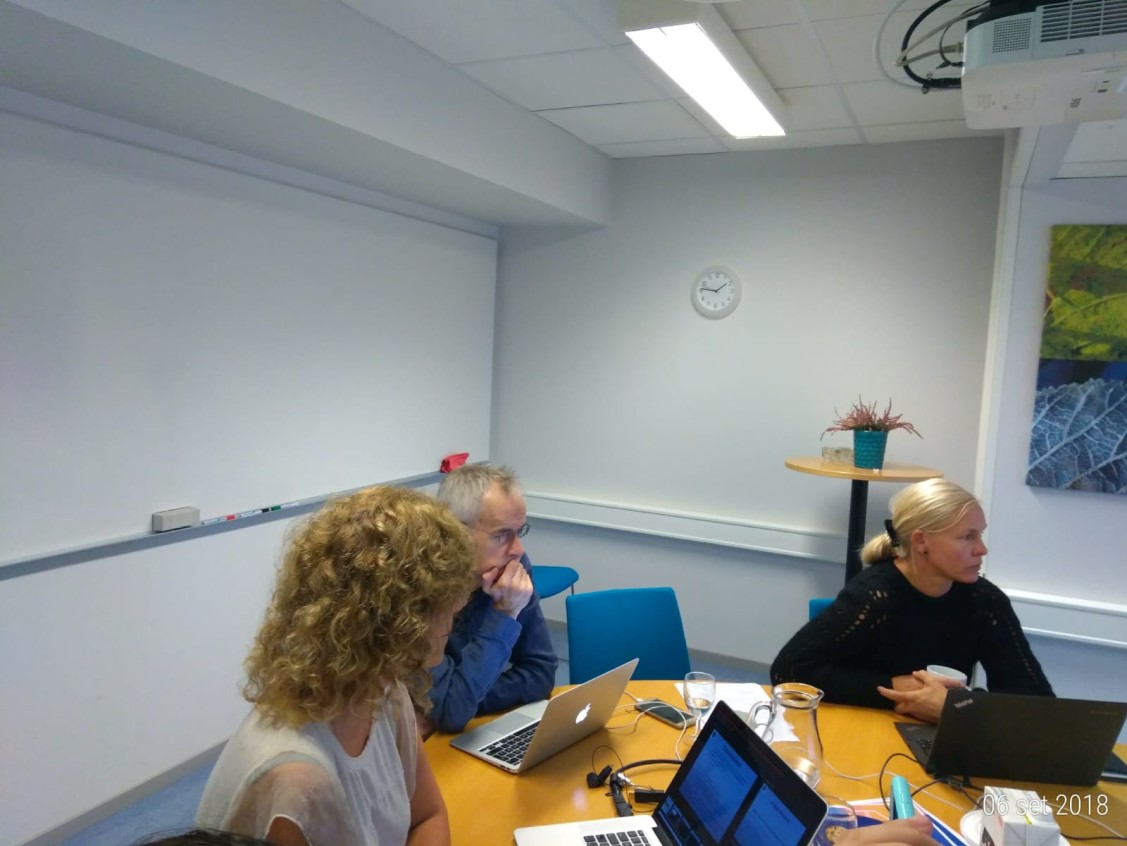
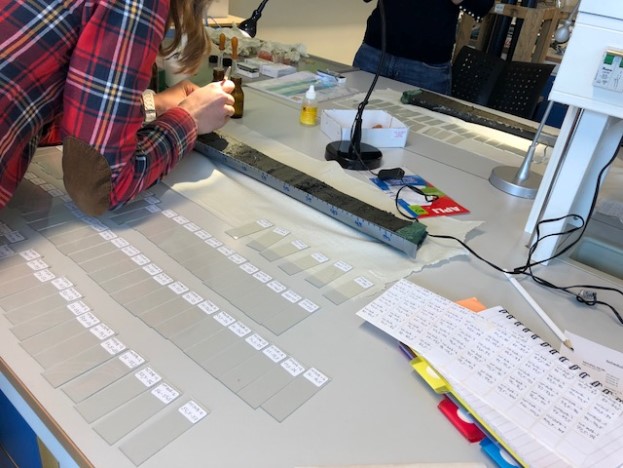
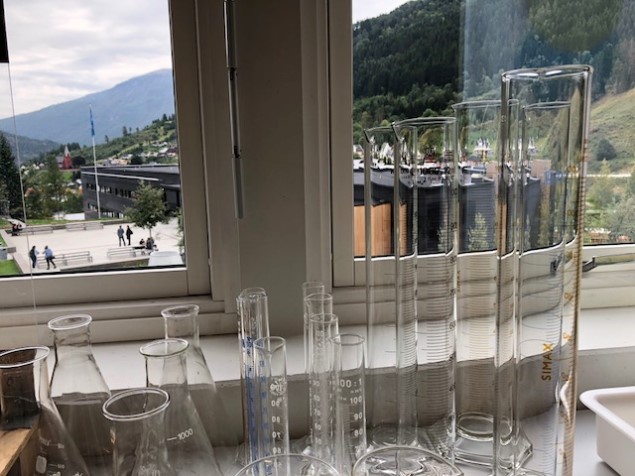
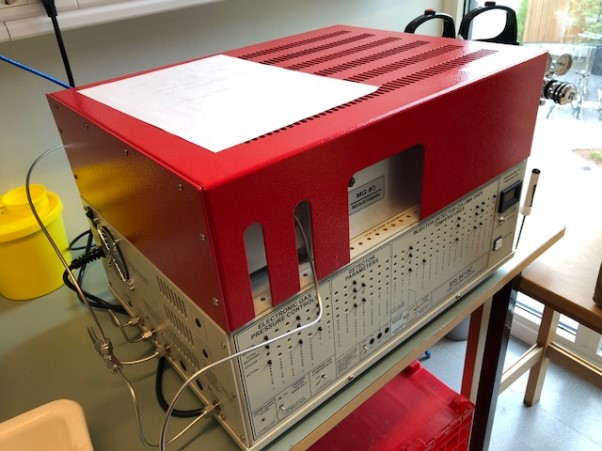
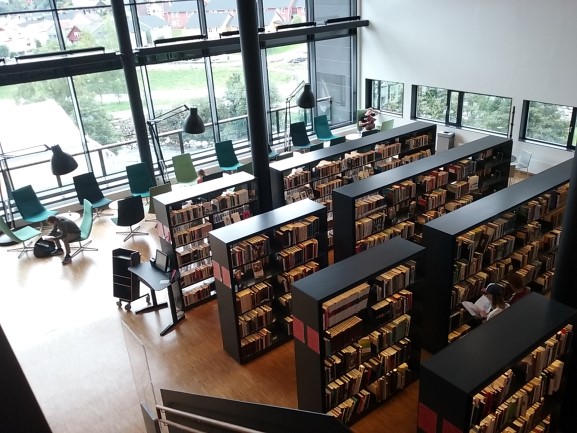
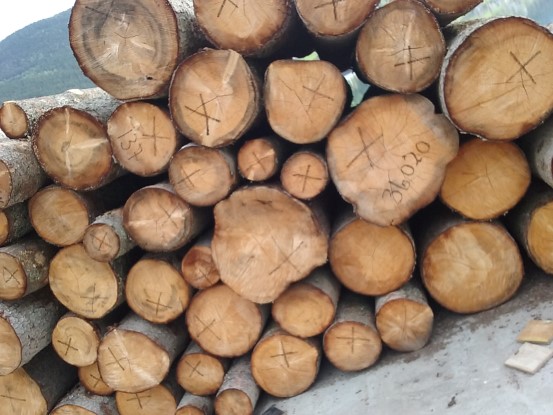
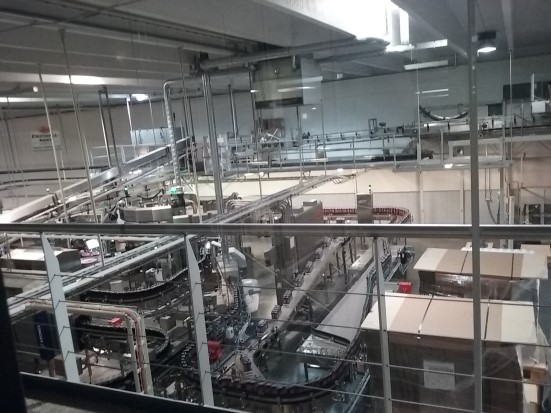
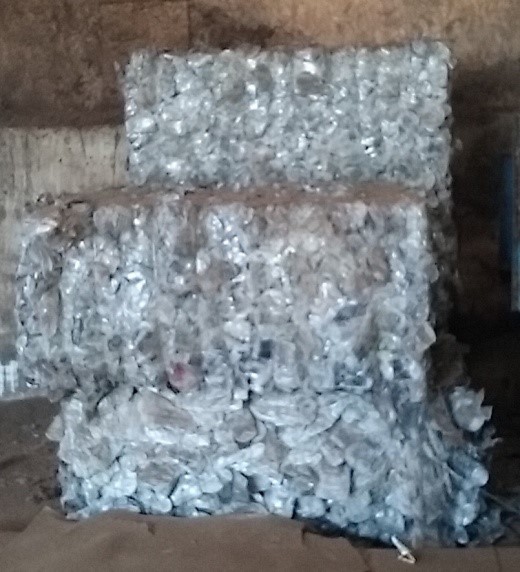
ENABLING project is the first step in a process that will create, structure and expand the EU Community of Biomass and BBPs stakeholders.
Within this framework, one of the stakeholders of the Italian cluster led by partner Itabia, Montani Institute, has started a collaboration with the partner Western Norway Research Institute (WNRI).
During the 1st week of September, three Italian guests from the Chemistry department of the Montani Institute (Fermo, Italy) participated in the study visit in the WNRI (Sogndal, Norway). Otto Andersen welcomed the students Ilaria Caffarini and Annalaura Luciani and their tutor Teresa Cecchi. He introduced them to the activities of the WNRI that supports local industries in the management of municipal, fishery, agro-food, and forest waste and their upcycling by using a "cradle to grave" vision. The smart disposal of bioplastic (PLA) glasses has been one of the most interesting aspects of this work experience.
The two institutes are sharing a similar approach to overcome some environmental impacts linked to the waste recycling, with a further valorization of residues. The Chemistry department of Montani Institute has created innovative pathways for the valorization of fishing and rural waste to produce bioplastics using mussel and clam shells or agro-food residues.
That shared approach is principally based on smart upcycling of agro-industrial wastes to produce new composites in order to:
(i) avoid the cost of waste disposal
(ii) reduce bio-based composites price (the high-cost prevents the take-off of this sector)
(iii) avoid taking edible resources as a starting material for bio-based composites
(iv) result in a bio-based output different from the usual ones (bio-fuels or bio-energy)
(v) reduce environmental pollution
The exchange and dissemination of best practices for the emergence of biomass value chains are crucial for a circular and sustainable economy and for a thriving bio-based sector, to kick off innovation by a promotion of biomaterials
